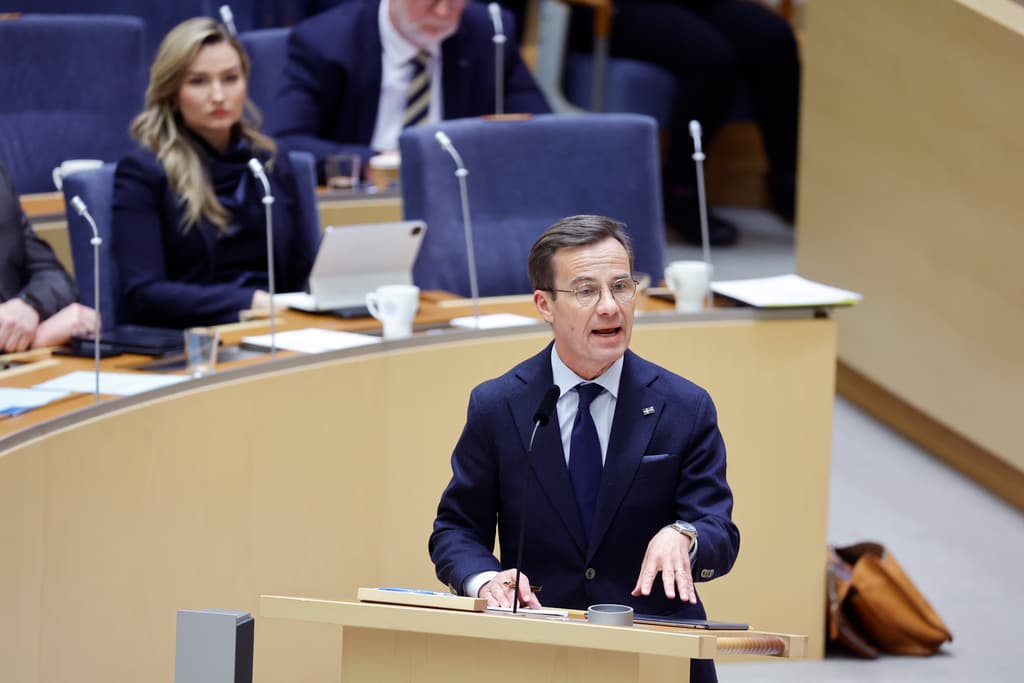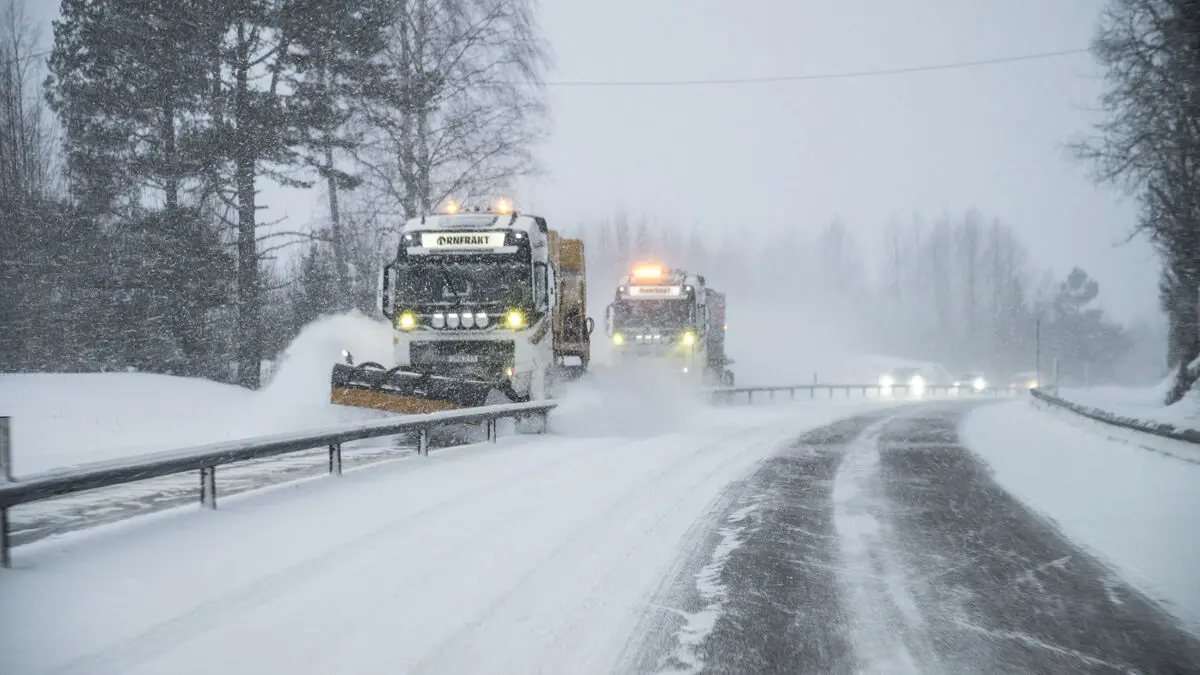If you're going to say something important in front of a crowd, you'd best avoid a warm day. At least if you're a politician. A new study shows that politicians use a more mundane language on warm days.
Most of us are affected by heat in different ways, perhaps feeling a bit more sluggish and slow-thinking. Now, researchers have seen that temperature also seems to affect how we speak.
In a study published in iScience, researchers have analysed speeches held by over 28,000 politicians in parliaments and congresses in, among others, the USA, the UK, Spain, and Denmark.
The researchers listened to recordings of the speeches and used a special scale to analyse the language. This takes into account, among other things, sentence length, word variation, and word length.
Shorter sentences
They found that speeches and addresses held by politicians when it was warm outside differed from when it was cooler. The researchers saw, among other things, that the language became less varied and less complex on warm days. Among other things, the sentences and words were shorter.
The warmer it was, the greater the impact, and at temperatures between 24 and 27 degrees, the difference was greatest. The impact only applied on the day the temperature was high and not if it had been warm the days before.
In a further analysis, based solely on data from Germany, the researchers saw that the language of politicians over 57 years old was clearly affected already when the temperature was above 21 degrees.
Sleeping poorly?
The researchers write in a comment that politicians' speeches are an important part of how societies are governed and that it's good to be aware of the impact temperatures have.
In the study, the outdoor temperature was controlled while the politicians spoke indoors. Perhaps, the researchers reason, even short periods in warm outdoor temperatures can affect politicians cognitively. Heat could also negatively affect sleep, which could be a reason for the mundane language.






